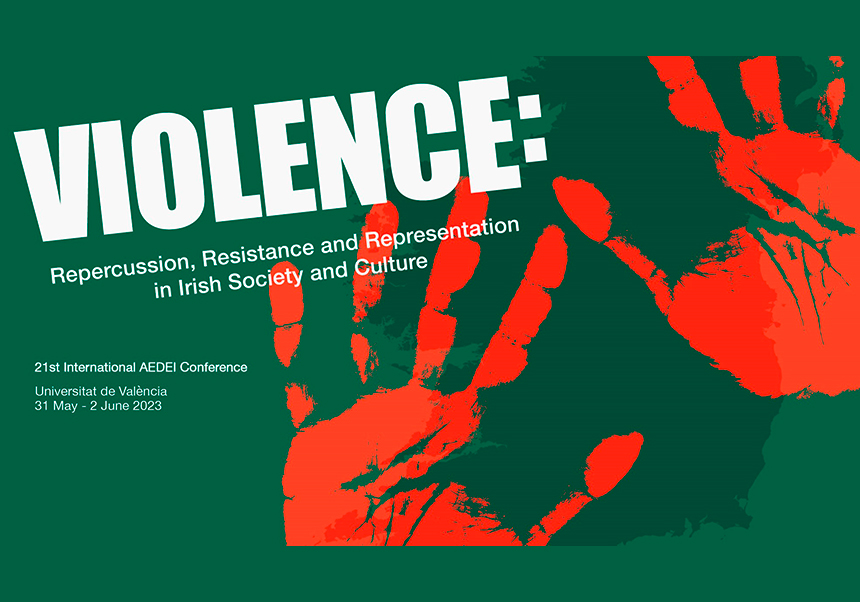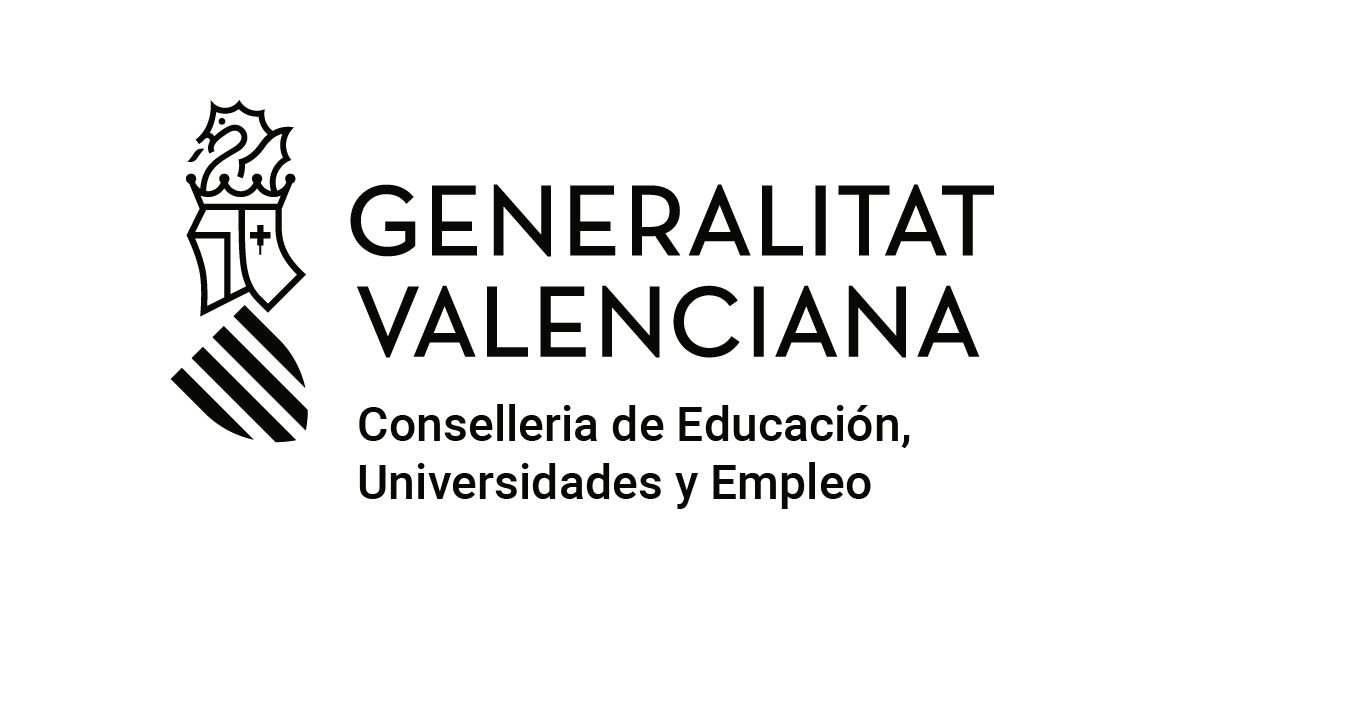
Dr María Gaviña, member of group LAP, organizes de 21st AEDEI International Conference (31 May-2 June) at the Universitat de València, where Marina Carr will deliver the plenary lecture on "Those Greek Women" sponsored by Group LAP through the funded research project AICO 2021/225 (GVA). The talk will be chaired by Dr. Laura Monrós-Gaspar.
As a country under the colonising yoke of the United Kingdom, the island of Ireland has endured many different types of violence over the centuries. The decolonisation of part of it after the 1922 War of Independence and Partition led, first, to civil war and, from 1969 onwards, to “The Troubles” in the north. In the recent centenary celebrations and commemorations, events that had been consciously or unconsciously relegated from popular memory have been re-examined. In November 2020, the Abbey Theatre celebrated the centenary of the first Bloody Sunday in Dublin, rescuing its victims from oblivion in 14 Voices from the Bloodied Field; in Derry, the 50th anniversary of the second Bloody Sunday was widely commemorated in 2022, with exhibitions, documentary theatre made with the victims’ families, and even an opera, The White Handkerchief, staged at Derry Playhouse.
The trauma of Brexit has refocused attention on the border, also celebrating its centenary recently, and brought the identity debate in Northern Ireland back to the forefront of political discourse. The ongoing conflict over the “soft” or “hard” border, the maritime “border in the Irish Sea” between Britain and Ireland, and the outbreak of violence in 2021 showed the difficulties inherent in maintaining the peace process and evidenced the endurance of sectarian violence as demonstrated by the activity of paramilitary groups in peacetime. Successive works of culture have engaged with these questions relating to the legacy of violence with the success of novels such as Milkman, or the TV series Derry Girls, which premiered in 2018 on Channel 4, offering a settling of accounts with the past, and once again highlighting the difficulties of healing the wounds of the conflict.
However, it would be an inexcusable reductionism to focus solely on armed conflicts when talking about violence, and its personal, social, and political consequences. The presence of violence permeates all aspects of our socialisation: the violence of imposing a language on a population brought about by colonisation; the violence of inequality, which the crisis and collapse of the Celtic Tiger and now the consequences of the COVID-19 pandemic and the invasion of Ukraine have only aggravated; violence against women, exercised as a strategy of domination through their bodies; violence within the Catholic Church, with the exposure of pederasty cases and the Magdalene Laundries; violence against minority groups, aporophobia (to use Adela Cortina’s term), ableism, and ecocide or violence against the planet, which has mobilised the youth in movements such as Fridays For Future, are just a few examples.
Under the title "Violence: Repercussion, Resistance and Representation in Irish Society and Culture", a three-day international conference will analyse and debate the different expressions of violence, its repercussions, forms of resistance and, especially, the representation of all of them in the Irish society and cultural expressions, extrapolating them in turn to the reality of the European Space. Nearly one hundred international and interdisciplinary speakers will be present, including prestigious academics such as Dr. Lisa Fitzpatrick of Ulster University, Derry, and Dr. Eamon Maher of the Technological University of Dublin, as well as international award-winning playwrights and theatre directors such as Marina Carr and Rosemary Jenkinson. They are joined by a large number of renowned researchers from Spain, Ireland and other European academic institutions in order to advance in the understanding of all aspects related to violence and in the creation of imaginative and practicable responses from the academic and cultural world. Some of the lines of research that we present and that will serve to articulate the various sessions and panels include: restorative justice, the migration and border crisis, Northern Ireland after Brexit, historical memory, emerging identity conflicts, gender violence, the challenge of new queer theories, the effects of climate change and the struggle of social movements.
The conference, which will take place at the Faculty of Philology, Translation and Communication between 31 May and 2 June, is organised jointly by the University of Valencia and the Spanish Association of Irish Studies (AEDEI). Also collaborating are the Embassy of Ireland in Spain, the Conselleria d'Innovació, Universitats, Ciència i Societat Digital, the European Federation of Associations and Centres for Irish Studies (EFACIS), the Irish Government through Culture Ireland / Cultúr Éireann, the journal Irish Studies Review, the research group LAP (Literature, Arts and Performance), Teatre de l'Abast Produccions and the cultural association for the promotion of Irish culture in Valencia, Valencia Irish Cultural (VICA).
Click here for more information on the conference
Imágenes:










